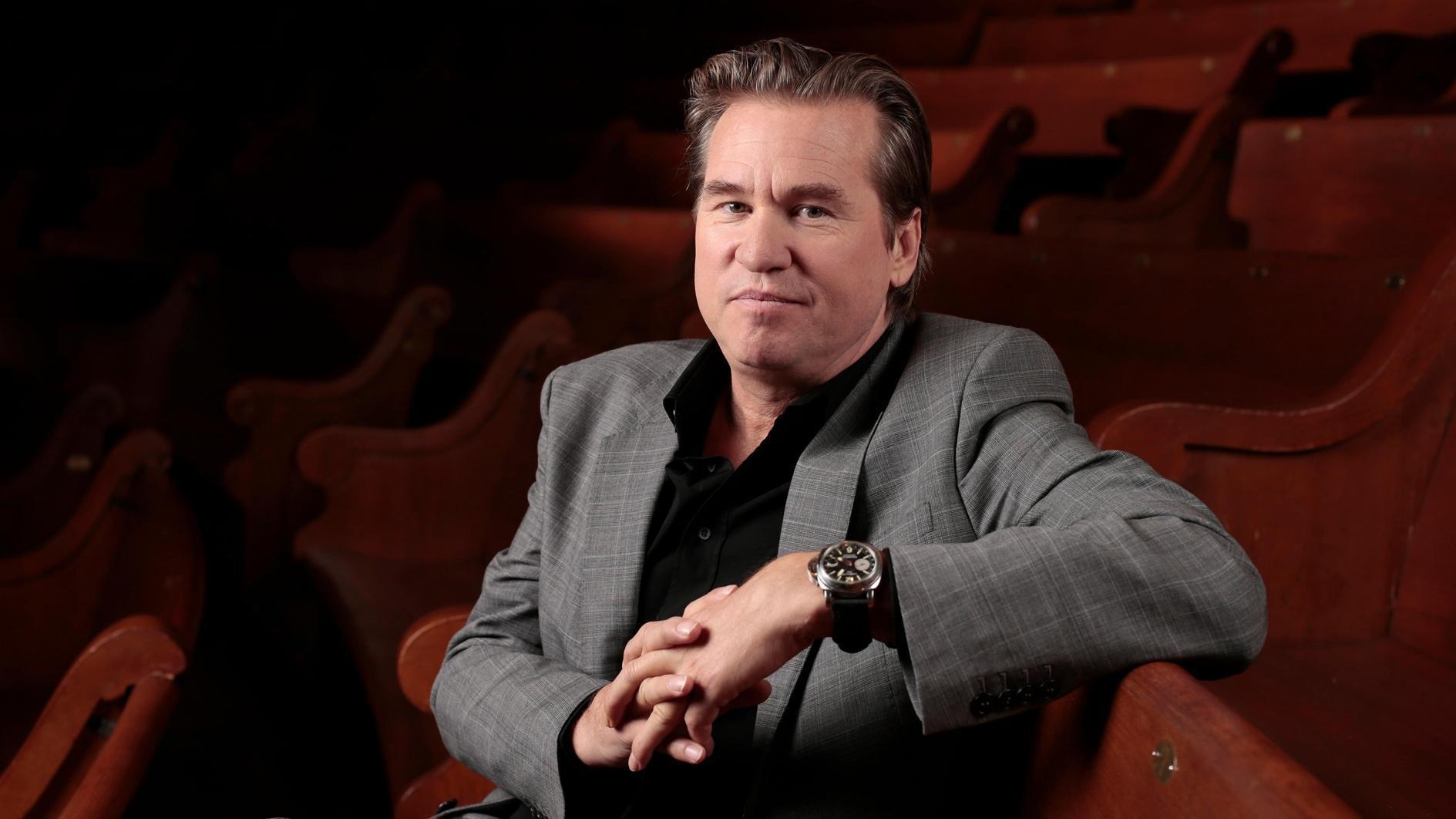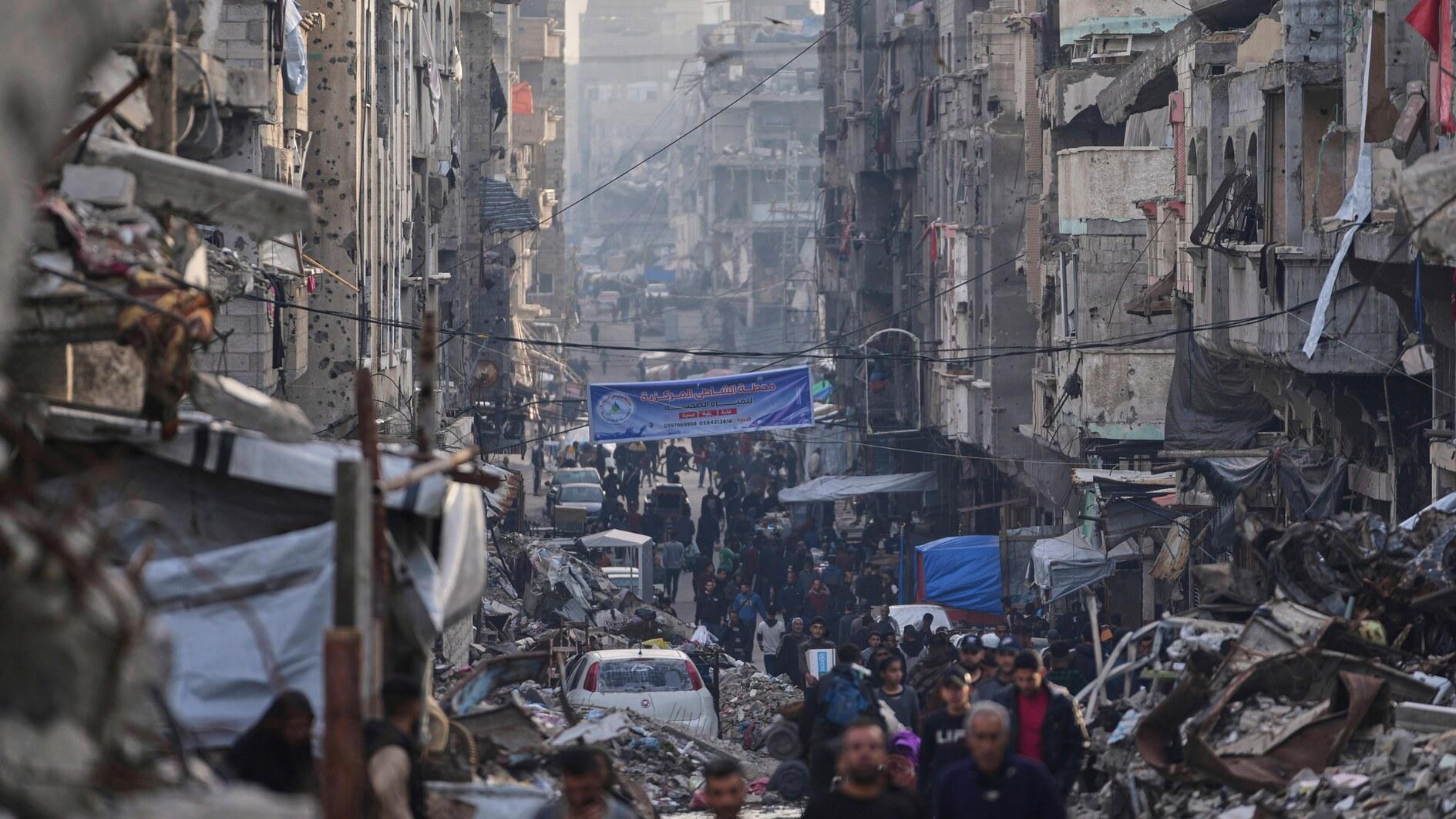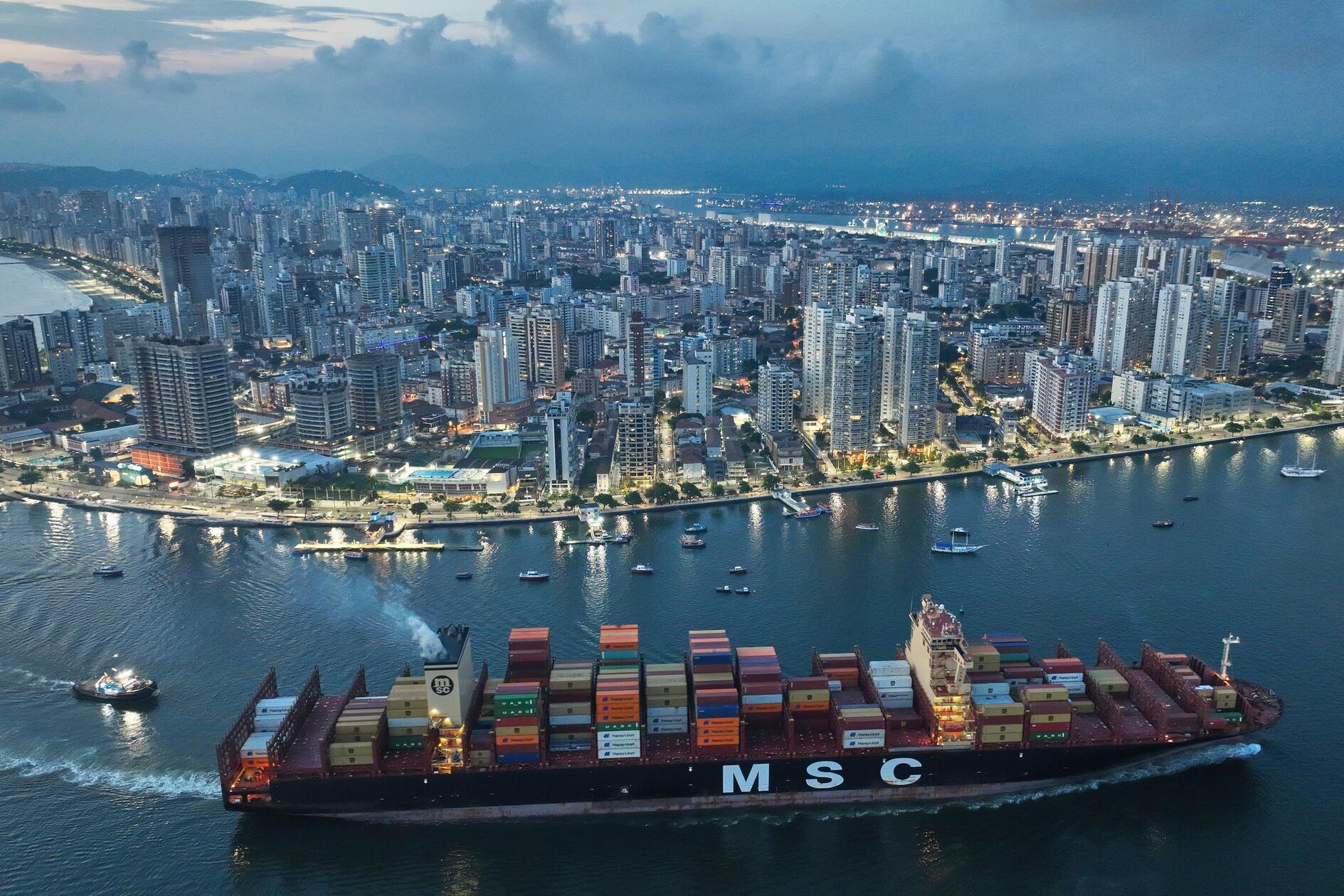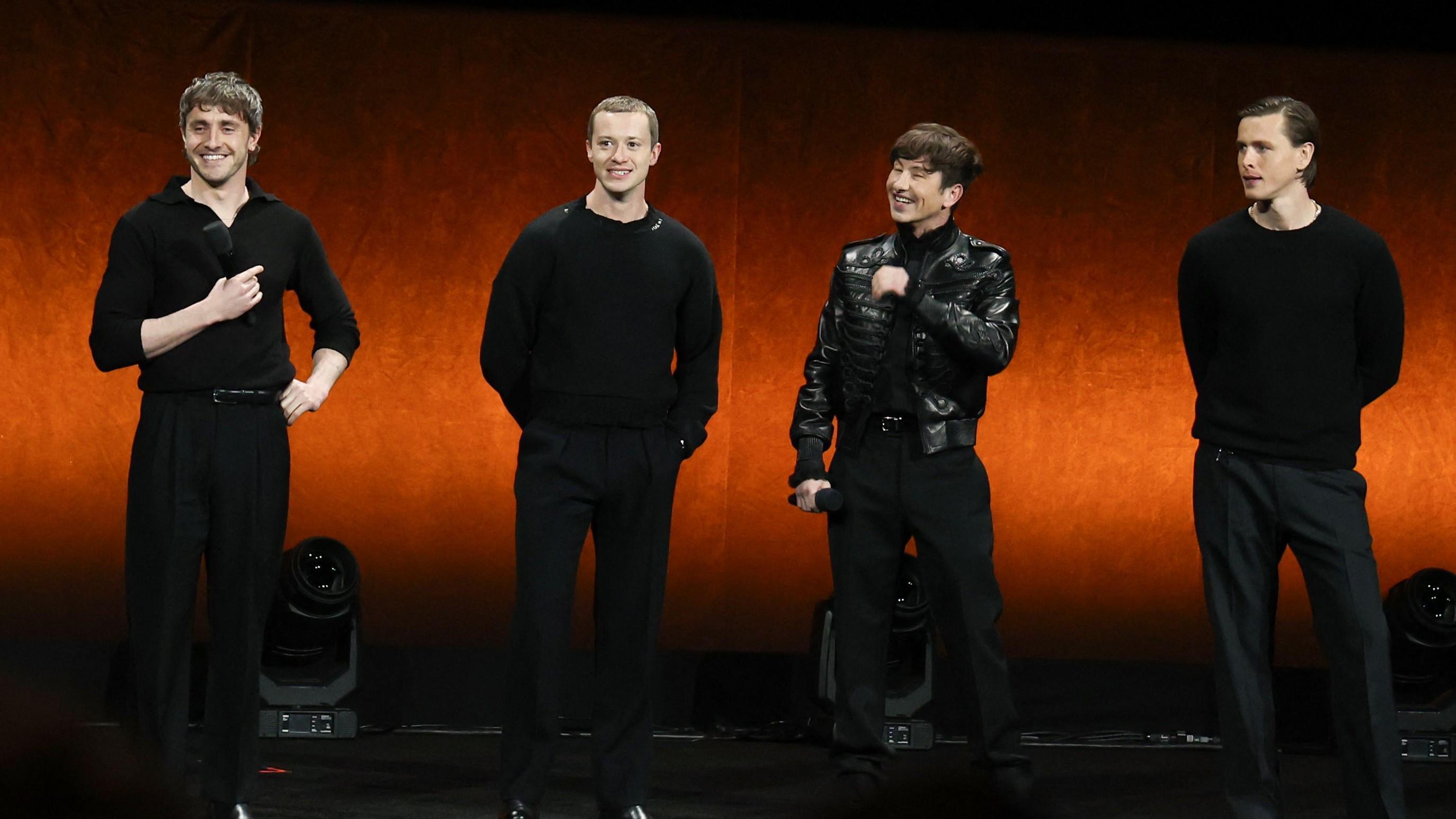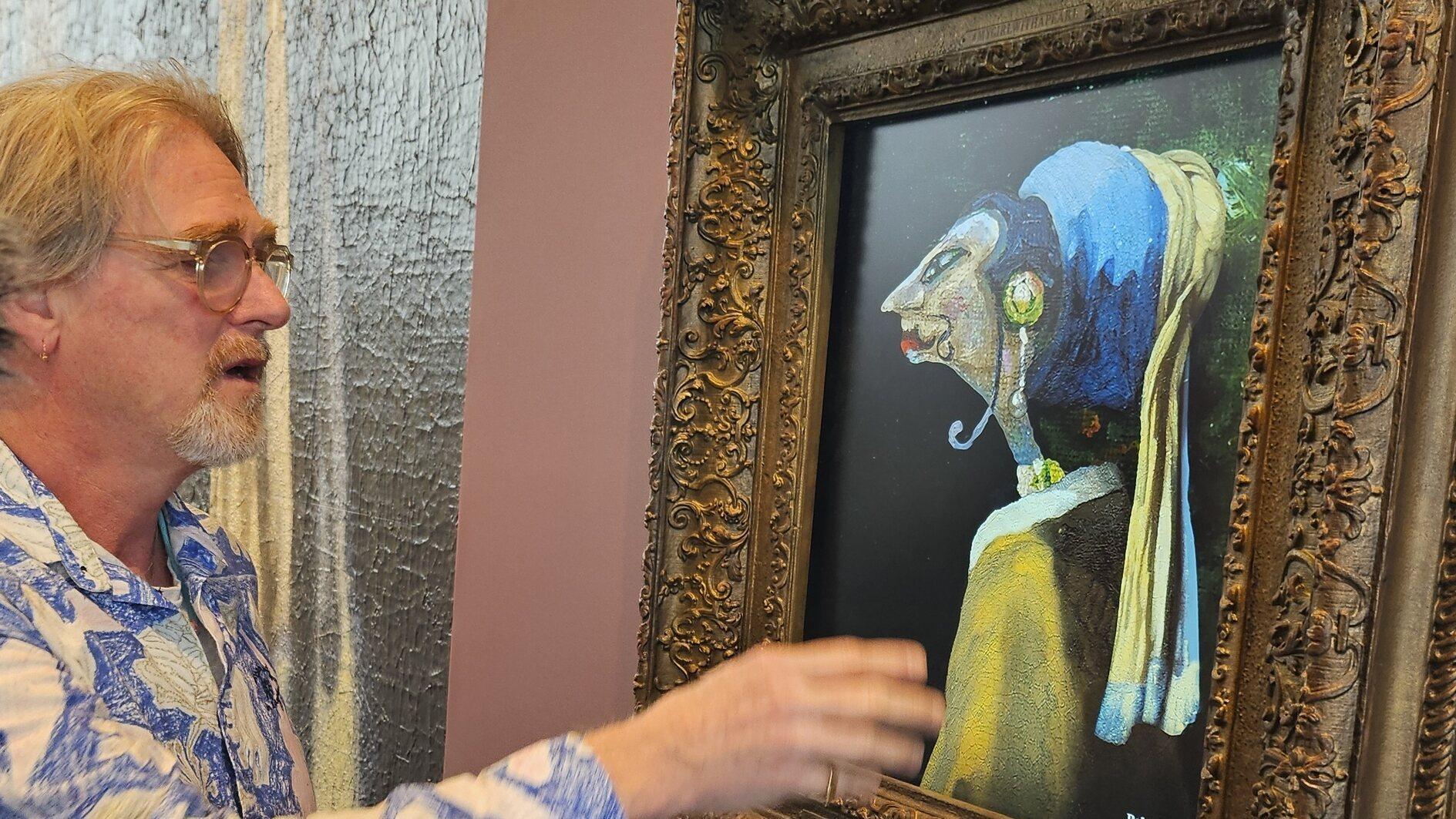Gezi protester in legal battle with footage showing moment tear gas hits him
İsmail Saymaz ISTANBUL / Radikal
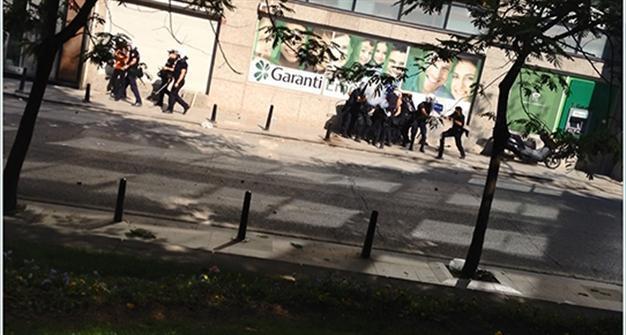
The video recording that entered the prosecution files gives little suspicion that Özçelik was directly targeted by the police firing tear gas.
Turkish authorities are rejecting any responsibility for the injuries of a protester who lost his sight during the Gezi Park protests in Istanbul, despite possessing footage captured from his cell phone showing the moment when a tear gas canister fired by the police hit him.Okan Özçelik is now beginning a legal battle to obtain compensation for the act; however, both the Interior Ministry and the Istanbul Governor’s Office have refused to launch any investigations in their defense to the court.
Together with the footage, the 32-year-old businessman has provided the court with medical reports stating he lost 90 percent of the sight in both eyes and has suffered posttraumatic stress disorder due to the effects caused by tear gas to his respiratory and cardiovascular systems.
The incident took place during the demonstrations on June 1, before the police eventually withdrew from Gezi Park after more than 24 hours of a brutal crackdown, during which water cannons and tear gas were used intensely.
But the Interior Ministry rejected any wrongdoing, further stating in its defense that there was no document or information proving that the injuries were caused “by the actions of the administration.”
“There is no contradiction in the police’s intervention to an illegal demonstration harboring violence, which harmed people and the unity of the country. The administration did what’s necessary within the boundaries of the law,” the ministry said in a defense provided on Oct. 3, 2013.
It also claimed that the damages caused to the plaintiff “were not clear,” despite the medical report signed by the Human Rights Foundation of Turkey (TİHV).
Istanbul’s Governor’s Office also refused the accusations, arguing in turn that the institution could not be held responsible because Özçelik had not been detained. “Özçelik’s name does not figure among those who were detained or against whom any action was undertaken,” an answer signed by Deputy Gov. Aziz Mercan dating Nov. 2, 2013, said.
The trial that started at the Istanbul 9th administrative court is ongoing at the 4th administrative court.
Footage shows that victim was targeted
Footage shows that victim was targeted
The video recording that entered the prosecution files gives little suspicion that Özçelik was directly targeted by the police firing tear gas.
In the footage, a policeman wearing a helmet is seen firing tear gas, targeting protesters who were standing within a distance of 15 meters, and breaching the law that demands police officers to hold their guns with an angle of 45 degrees from the ground.
In a matter of milliseconds, Özçelik falls on the ground, before starting to run again. He is heard screaming “ambulance” at the end of the 30-second recording.
Özçelik was first attended to by voluntary doctors who had set up a first aid infirmary near Gezi Park.
An interior minister report revealed on April 11 showed the authorities had cleared the police and the Istanbul governor for the use of force during the Gezi protests.
The report said there was no need for an investigation as “no act contrary to the law was found” during the police raids.
The police’s use of disproportionate force drew global uproar, with six protesters participating in the nationwide protests in Istanbul, Ankara, Eskişehir and Antakya killed, in most of the cases, directly as a result of police brutality. The death of 15-year-old Berkin Elvan last month after spending 269 days in a coma due to head injuries sustained after being shot by the police with a tear-gas canister reignited the global outcry.
Thousands of protesters had been injured, some sustaining permanent injuries.


